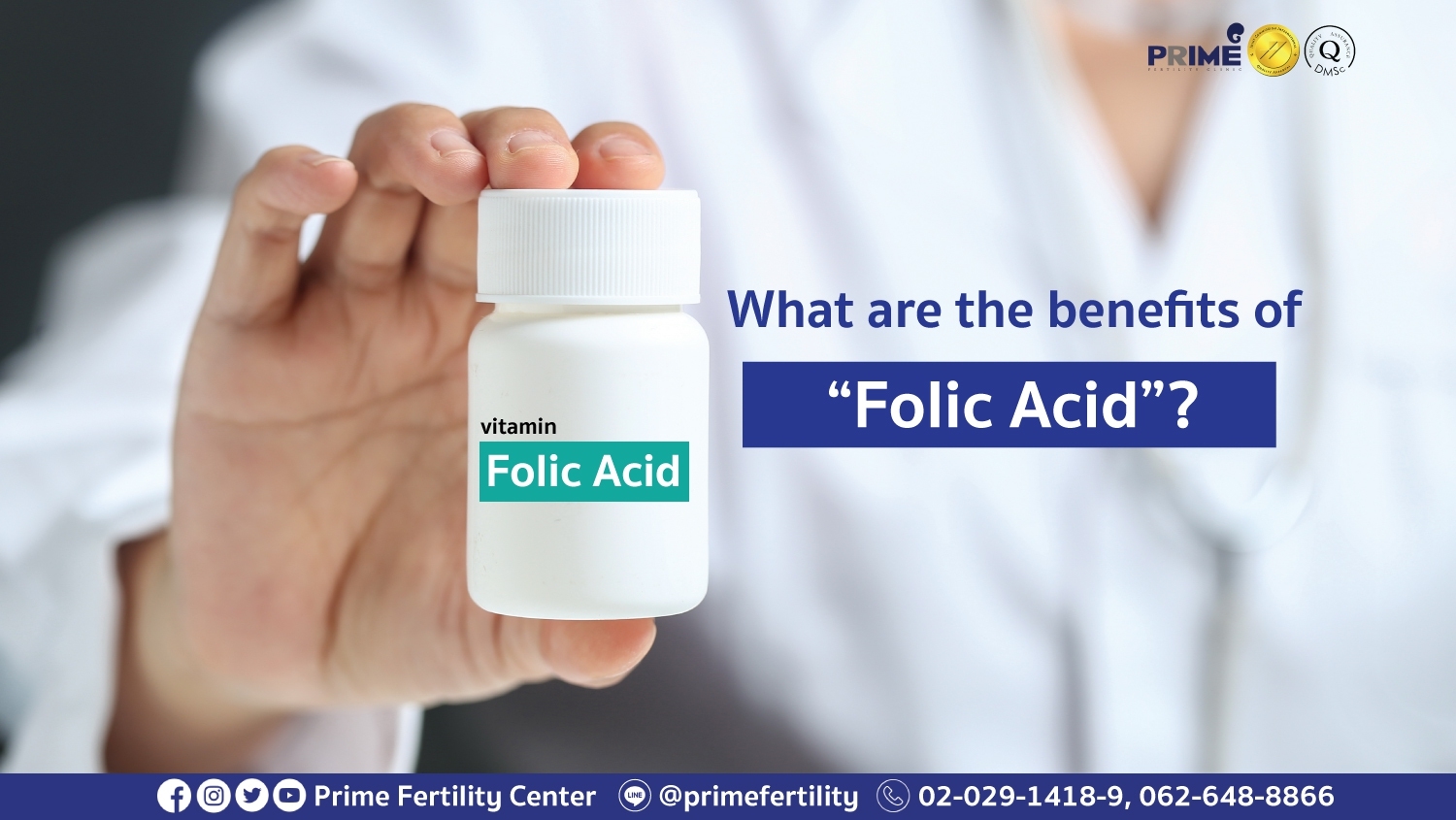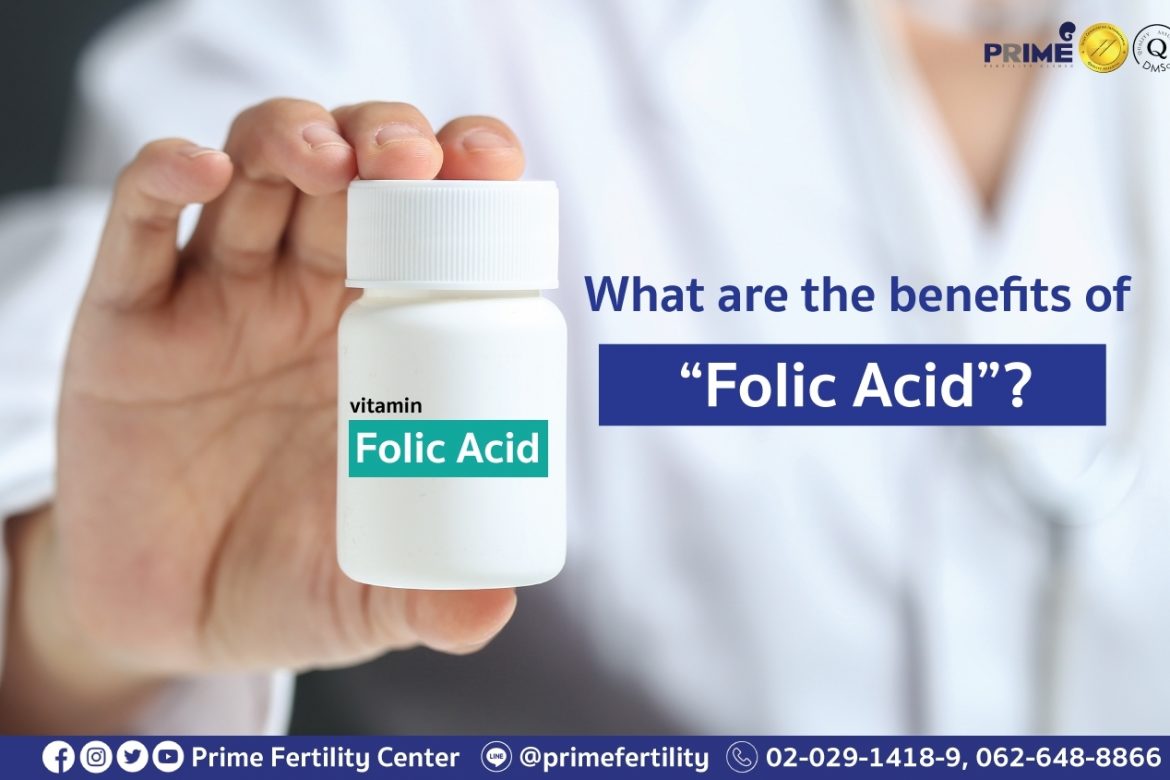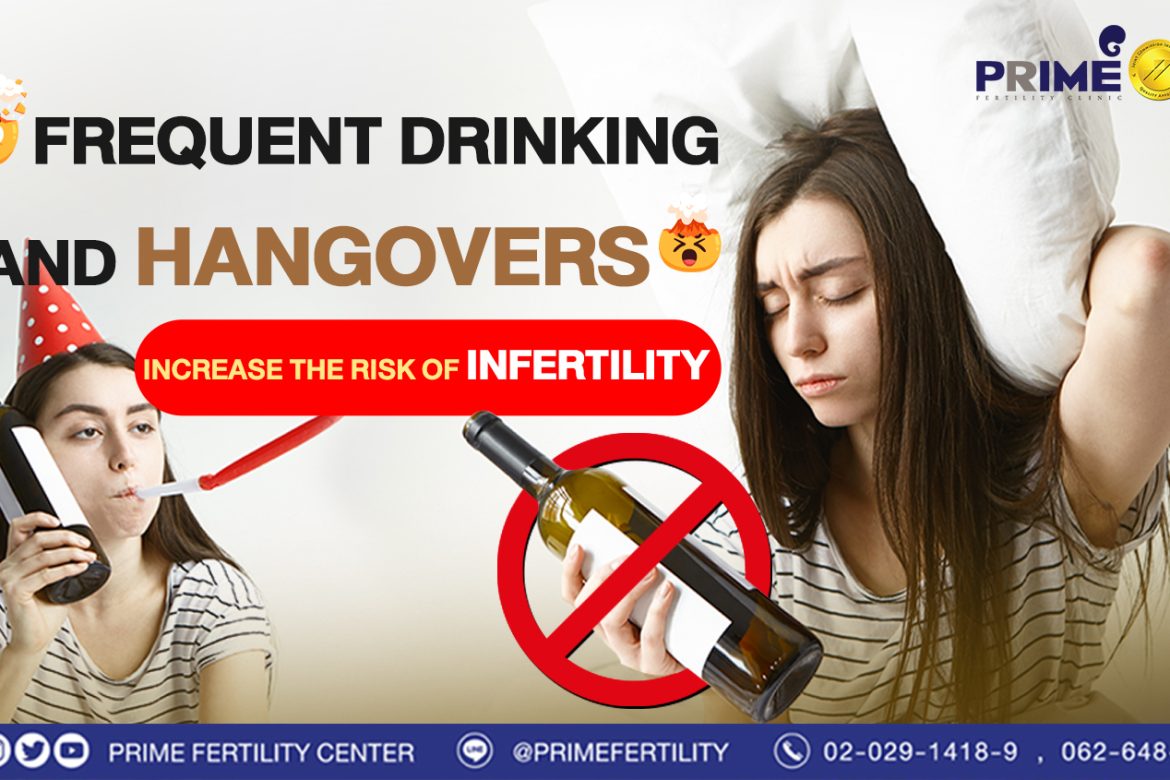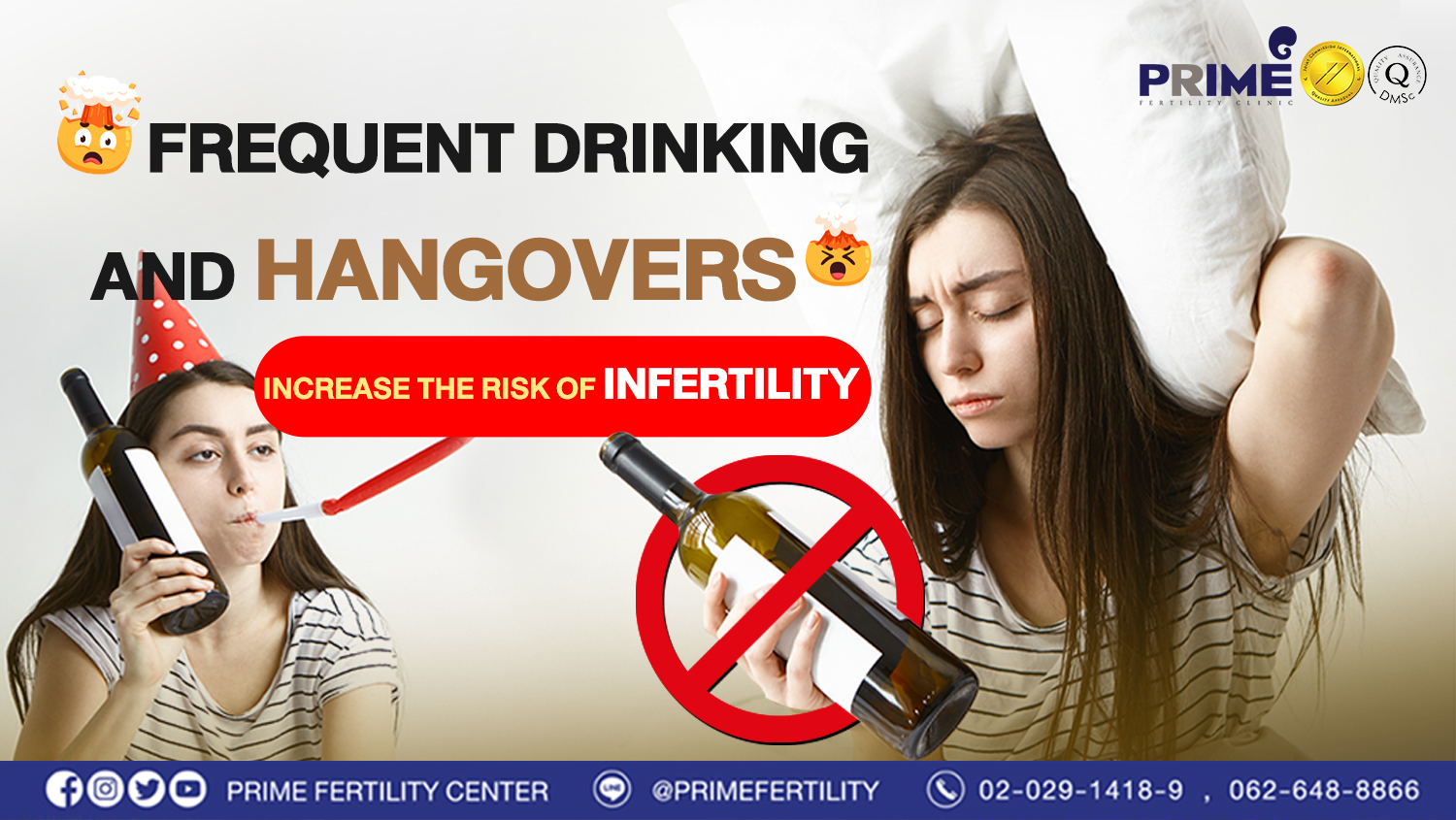Folic acid or Folate is a form of a water-soluble B vitamin. It is a fundamental element of various cells and responsible for a carbon production which is related to DNA performance.

Your body needs folate for genetic orders transmission, making different types of protein, growth and fetal development.
Folic acid not only prevents your baby from the congenital anomalies but it helps you to have a good appetite, keeps you from tiredness, anemia, noncommunicable diseases (NCDs) and Alzheimer’s disease. It also has many other benefits.
What foods provide folate?
The foods that provide folate are including egg yolk, liver, dark green leafy vegetables, kale, carrot, cantaloupe, pumpkin, bean, water spinach, ivy gourd, apricot, avocado, etc. However, your body can better absorb folate when it is in the form of dietary supplements (pills or tablets). Taking folic acid does not make negative effects on your body. As it is a water-soluble vitamin, the excess folic acid is excreted in urine every day.
Therefore, World Health Organization (WHO) recommends the guideline to reduce the risk of birth defects by eating foods that provide folate or folic acid supplements as following:
- Eating high-folate foods which include leafy green vegetables, egg yolk, liver, carrot, cantaloupe, pumpkin, apricot, avocado, bean, dark rye flour, etc.
- Women who need to conceive should continuously eat folic acid from 2-3 months before getting pregnant until at least the first 3 months of pregnancy in order to have an efficient neural tube development of embryo within 28 days after fertilization. Recommended amount is 5 mg per day.
- Women of reproductive age should eat folic acid supplements (in a form of tablet) at a dosage of 5 mg per week.
Therefore, folic acid is useful for women who are preparing for pregnancy. We recommend you to eat high-folate foods or folic acid supplements in order to increase egg’s quality and improve your health for a successful pregnancy.
Reference: gedgoodlife.com
–
Reference: Prime Fertility Center Co., Ltd.




